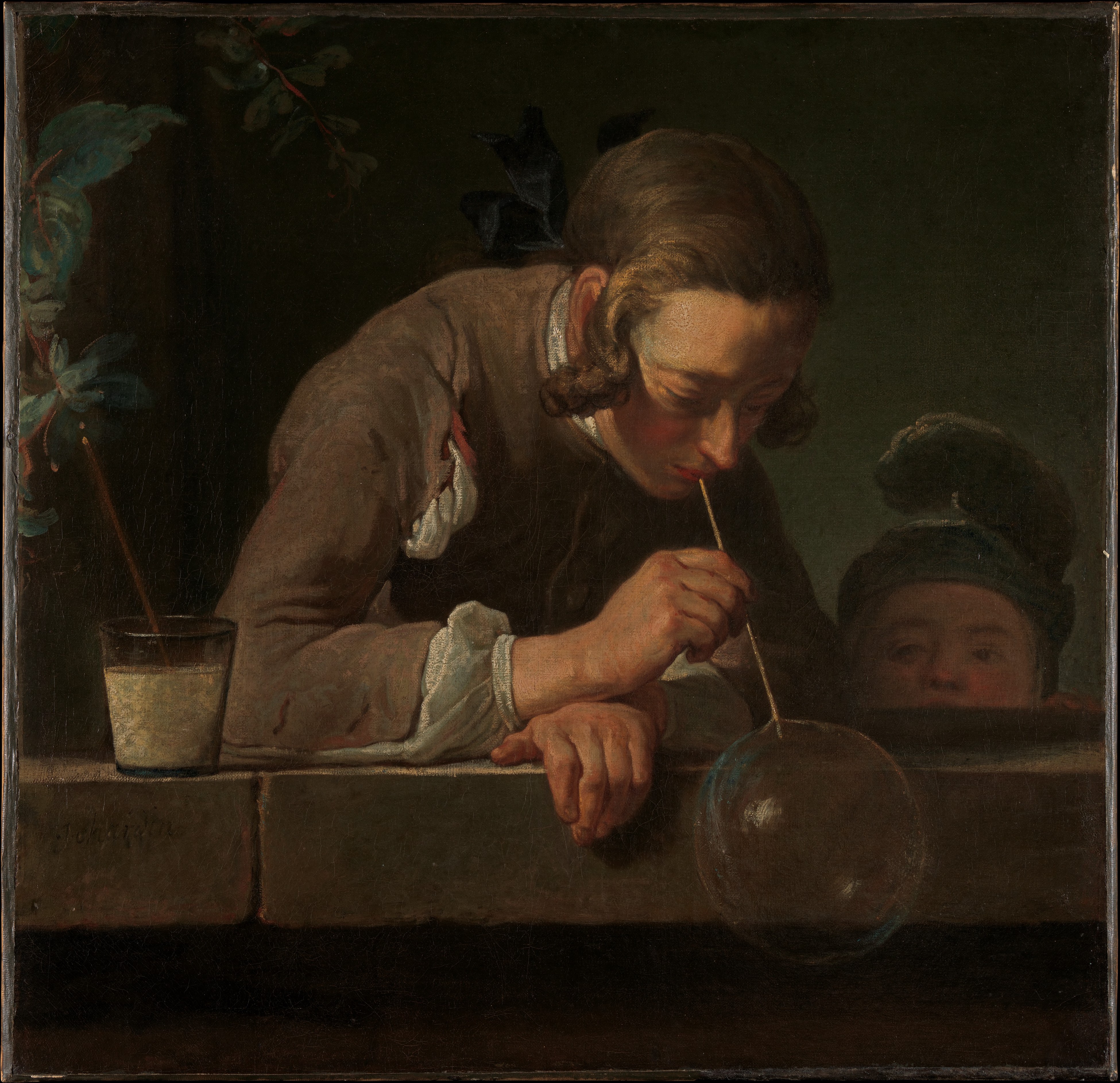Vegetarianism as a Mirror of Human Morality in the Speculative Worlds of H.G. Wells’ The Time Machine (1895) and Charlotte Perkins Gilman’s Herland (1915)
DOI:
https://doi.org/10.13133/2239-1983/18393Abstract
By following the narrators travelling to the two fictive societies of H.G. Wells’ The Time Machine (1895) and Charlotte Perkins Gilman’s Herland (1915), this paper considers how vegetarianism was perceived by socialist and feminist authors in the later nineteenth and early twentieth centuries. During this time, fearful concerns about humanity’s future prevailed in human thought: the rapid increase in world population sparked fear of competition, starvation, and a decline in hygiene standards, while the relatively new theory of evolution suggested a closer-than-comfortable, even familial relationship to the rest of the material world. Assisted by ecofeminist critique, the paper then discusses how vegetarians have been presented by the two authors. It suggests that food reform serves as a device of defamiliarisation, prompting the ‘old world’ travellers to question and critique the society from which they depart as well as their own individual viewpoints.
Downloads
Published
How to Cite
Issue
Section
License
Gli autori che pubblicano su questa rivista accettano le seguenti condizioni:- Gli autori mantengono i diritti sulla loro opera e cedono alla rivista il diritto di prima pubblicazione dell'opera, contemporaneamente licenziata sotto una Licenza Creative Commons - Attribuzione che permette ad altri di condividere l'opera indicando la paternità intellettuale e la prima pubblicazione su questa rivista.
- Gli autori possono aderire ad altri accordi di licenza non esclusiva per la distribuzione della versione dell'opera pubblicata (es. depositarla in un archivio istituzionale o pubblicarla in una monografia), a patto di indicare che la prima pubblicazione è avvenuta su questa rivista.
- Gli autori possono diffondere la loro opera online (es. in repository istituzionali o nel loro sito web) prima e durante il processo di submission, poiché può portare a scambi produttivi e aumentare le citazioni dell'opera pubblicata (Vedi The Effect of Open Access).


